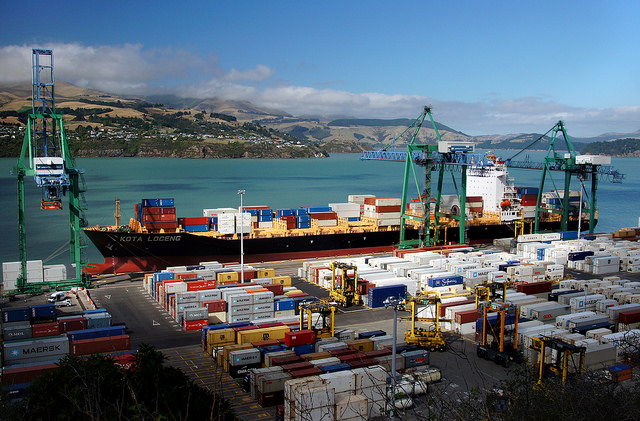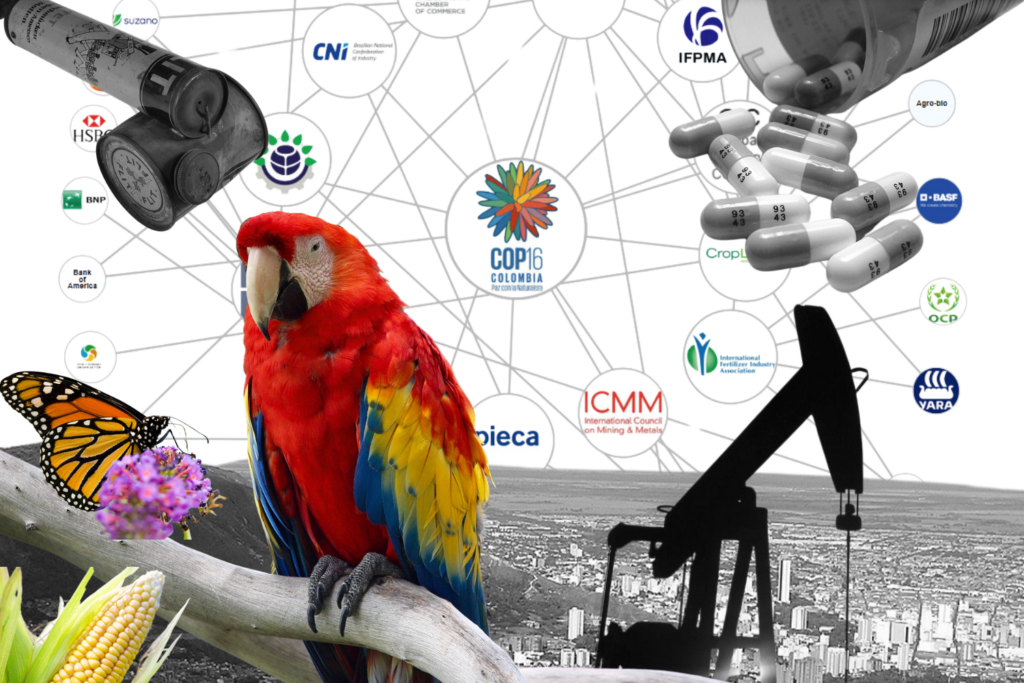By John Maggs
Out of sight, out of mind? Our blindness to what happens at sea has been skilfully exploited by the global shipping industry.
The coal market only functions because coal can be cheaply shipped hundreds of miles across the ocean, from where it is mined to where it is incinerated. The companies transporting it have been profiting from the trade for decades, in full knowledge of the escalating risks of climate change.
There has been a fantastic stream of announcements recently to phase out coal burning, from countries as diverse as Chile, France, Mexico and Angola. The next logical move is to persuade ports and countries to ban the import and handling of coal. It wouldn’t be the first environmentally damaging or otherwise undesirable product countries have stopped from entering their ports and territory.
The global, flexible web of routes available to coal carriers needs to be shut down port by port. Great campaigns are already up and running, including in the Port of Rotterdam, the main gateway for coal imported into Western Europe.
The companies transporting the coal have names and headquarters (see handy list below) and should not be allowed a social license to operate until they stop carrying the fuel. It’s worth checking if your divestment campaign includes these listed companies. Or start going to their AGMs and ask if they acknowledge climate change is real, and if so, when they will stop shipping coal.
Top listed dry bulk companies
| Name | Head Office |
| Diana Shipping | Greece |
| Eagle Bulk | US |
| Genco Shipping | US/Singapore |
| Golden Ocean | Bermuda/Norway |
| Mitsui OSK Lines (MOL) | Japan |
| Navios Maritime Partners | Monaco/Greece |
| Safe Bulkers | Monaco/Greece |
| Scorpio Bulkers | Monaco |
| Seanergy Maritime | Greece |
| Star Bulk | Greece |
Beyond the cargo it carries, shipping also pollutes via the fuel it runs on.
At sea, ships burn “heavy fuel oil,” a sludgy residue of the oil refining process that contains 3,500 times more sulphur than road diesel (in Europe and the US).
Many of the world’s main shipping routes hug the coastlines of developing countries in Africa and Asia, meaning that fumes from passing ships are responsible for around 14 million childhood asthma cases and 400,000 premature adult deaths each year. The consequences of particulate matter pollution for brain development and learning are only beginning to be understood, but the early studies are worrying.
And ships are responsible for massive carbon emissions. If shipping was treated as a country it would be the 6th largest emitter in the world, next to Germany. But unlike Germany (and most other countries), it has no plan in place for how to reduce its emissions. Like aviation, some last-minute haggling meant shipping emissions were not mentioned in the Paris Agreement.
Who even regulates shipping then? Officially, the UN is in charge – a UN agency known as the International Maritime Organisation (IMO), based in London. But although the 1997 Kyoto protocol officially tasked the IMO with addressing the greenhouse gas emissions from shipping fuel, little or nothing has happened.
For the last 21 years the industry has successfully lobbied against carbon regulation, with scarcely a flicker of media coverage of what it was doing.
As a result, it is now the only industry in the world not subject to any plan to reduce its greenhouse gas emissions.
Shipping is predicted to increase these emissions by anywhere between 50 percent and 250 percent by 2050. As things stand, it could do so entirely legally, while seriously undermining any chance we have of keeping warming below 1.5 degrees and stabilising our climate.
This absurd situation has started to weigh on the conscience of some people in the industry itself. In October last year, a senior manager at one of the largest shipping companies in the world went public, expressing “contempt and disgust” at his own industry’s lobby groups for blocking carbon regulation for so long.
It’s not like there are no other options beyond fossil fuels for shipping – as well as using wind and solar on board a vessel, here are seven potential zero-emission and low emission fuel combinations that have been put forward by engineering experts:

So there are no excuses. Just like all other sectors of the economy, shipping needs to play its part in tackling the climate crisis and safeguard its future by massively increasing investment in decarbonization.
A rare chance to ramp up pressure on the industry is coming this year, when from April 9-13 the IMO meets in London.
Finally, 21 years after being asked to do so, it is actually going to come up with a strategy to reduce greenhouse gas emissions from ships. But with this UN body so heavily influenced by private shipping interests, there’s every chance of a stitch-up and some nicely-worded greenwash.
You could tweet, call, and email your own government’s Transport Ministry (which usually sends delegates to IMO), and ask whether they support a deal to reduce carbon emissions from shipping at the IMO this April – by 70-100 percent by 2050 – in line with the safe temperature goals of the Paris Agreement.
If the shipping industry lobby groups manage to get a weak deal this April, it could be locked in for decades. Let’s do all we can to get an ambitious strategy in place – the UN, including its IMO branch, is supposed to represent us all.
The shipping industry is lucky – unlike its pals the coal and oil trades, it will still exist in 100 years. It just needs a wake-up call from us that to survive that long, it’s going to have to part ways with its two dodgy friends.
John Maggs, Senior Policy Advisor, Seas at Risk
Main photo: Bernard Spragg via Flickr | CC2.0
Subscribe to our newsletter
Stay up to date with DeSmog news and alerts







